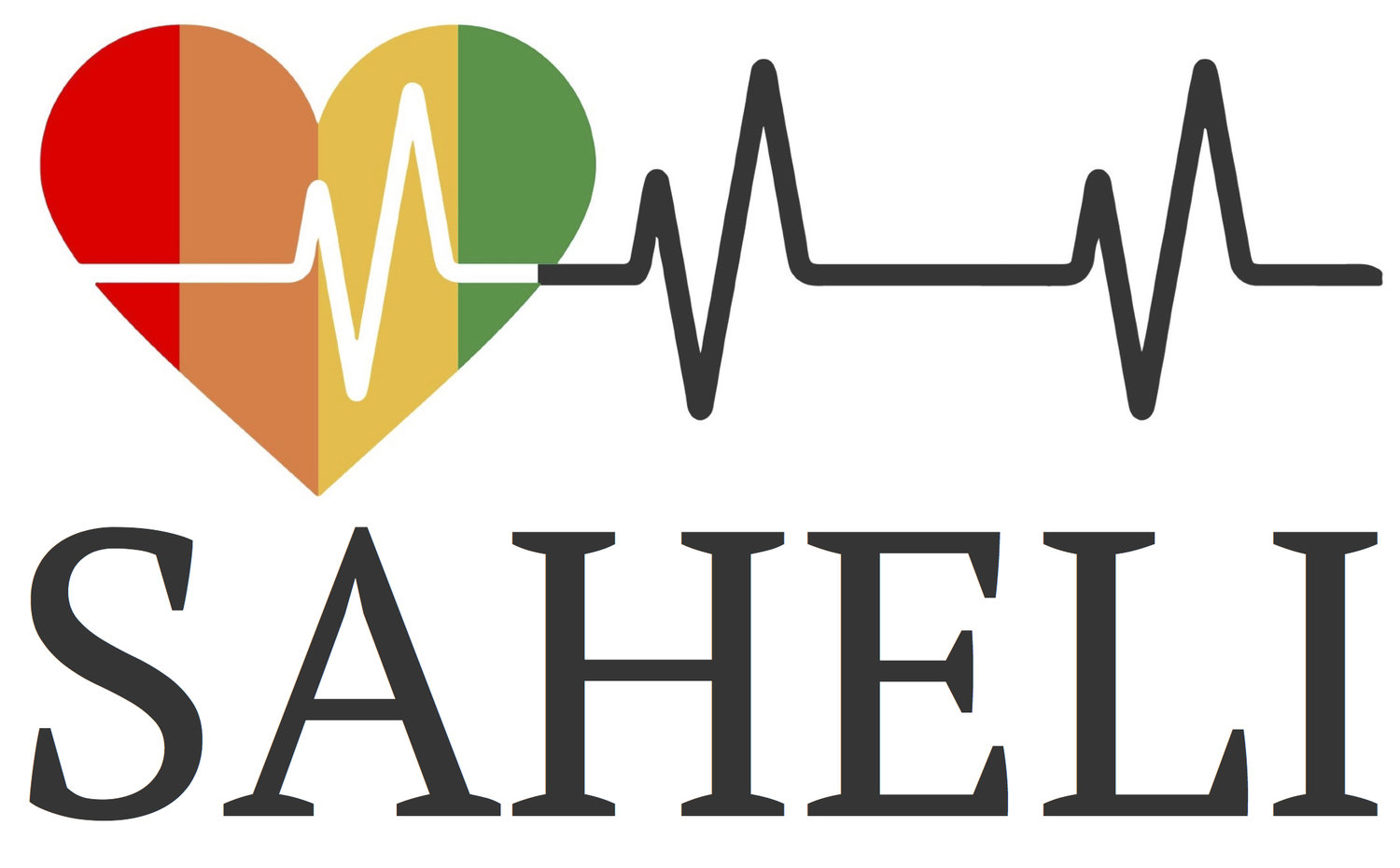Frequently Asked Questions
1. “How will I benefit from participating in this study?”
You will benefit by learning ways to adopt a healthier lifestyle and bringing awareness to South Asian health, which is especially important because we are underrepresented in research. This study can help us create guidelines for South Asians so that our community can be healthier. All participants will receive free cholesterol, blood pressure (BP), and diabetes testing as well as receive health education specifically tailored for South Asians in English and South Asian languages. Some people may receive group health education classes and others will receive pamphlets. All eligible and enrolled participants may receive up to $150 as compensation for their time.
2. "I have insurance and already have a doctor and s/he examines me regularly."
The classes are actually not offered in a doctor's office. Research done in other communities has shown that lifestyle change can prevent heart disease and diabetes. SAHELI is culturally tailored for South Asians and will help you improve your health and reduce the chance of heart disease. Additionally, South Asians are underrepresented in research and we do not have any guidelines for South Asians in spite of the high risk for heart disease.
3. "Will my insurance cover this or do I have to pay out of pocket?"
This study is funded by the National Institutes of Health and all services are provided free of charge. We will not be charging for the blood tests, classes or health education materials. In fact, eligible enrolled participants may receive a compensation of up to $150.
4. “How do I know that my information is confidential?”
The SAHELI team is gathering data only for research purposes. All information is held in strict confidence. Public reporting of the findings of this study will contain only overall study results (for example, X% of study participants experienced an improvement in A1C levels) and not individual information. The study team also stores study related files in password protected drives and cabinets. If you would like, the study team can forward the results of the medical examination to your doctor. (Only the study team handles the data, not the SAB members.)
5. “What is the time commitment needed to participate?"
The screening interview will take about 15 minutes over the phone or in person, which will include questions about your height, weight, blood pressure (BP), diabetes and cholesterol and a few other questions. Based on this screening, if you qualify, you will be invited to come in for a 2-hour baseline visit at a community site. The baseline visit will include a fasting blood test via finder stick, blood pressure, weight, height and waist measurements, health and diet surveys, and receipt of a device to track physical activity (a fitness tracker). Participant’s eligibility will be determined based on the findings from the baseline visit and participants will then be randomly assigned to either a group health education class or to receive health education via mail. Some participants will receive monthly health education pamphlets in their preferred language; others will attend group classes once a week for a total of 16 weeks about physical activity, diet, weight and stress management. Each class will last for about 60 minutes.
6. "I can't help you because I have never had heart disease."
The study is enrolling South Asians between the ages of 18 to 65 years who do not already have heart disease but who have some risk factors. South Asians are four times more likely to develop heart disease compared to other racial/ethnic groups. We are trying to find ways to prevent heart disease and diabetes in South Asians, and we would appreciate your participation.
